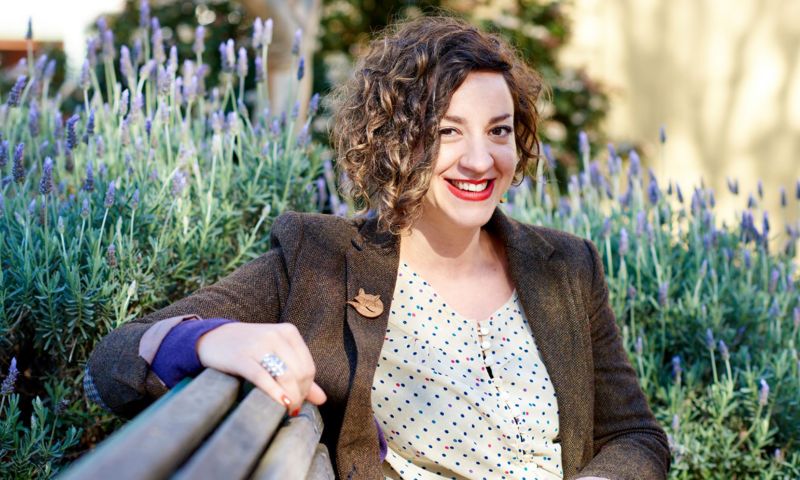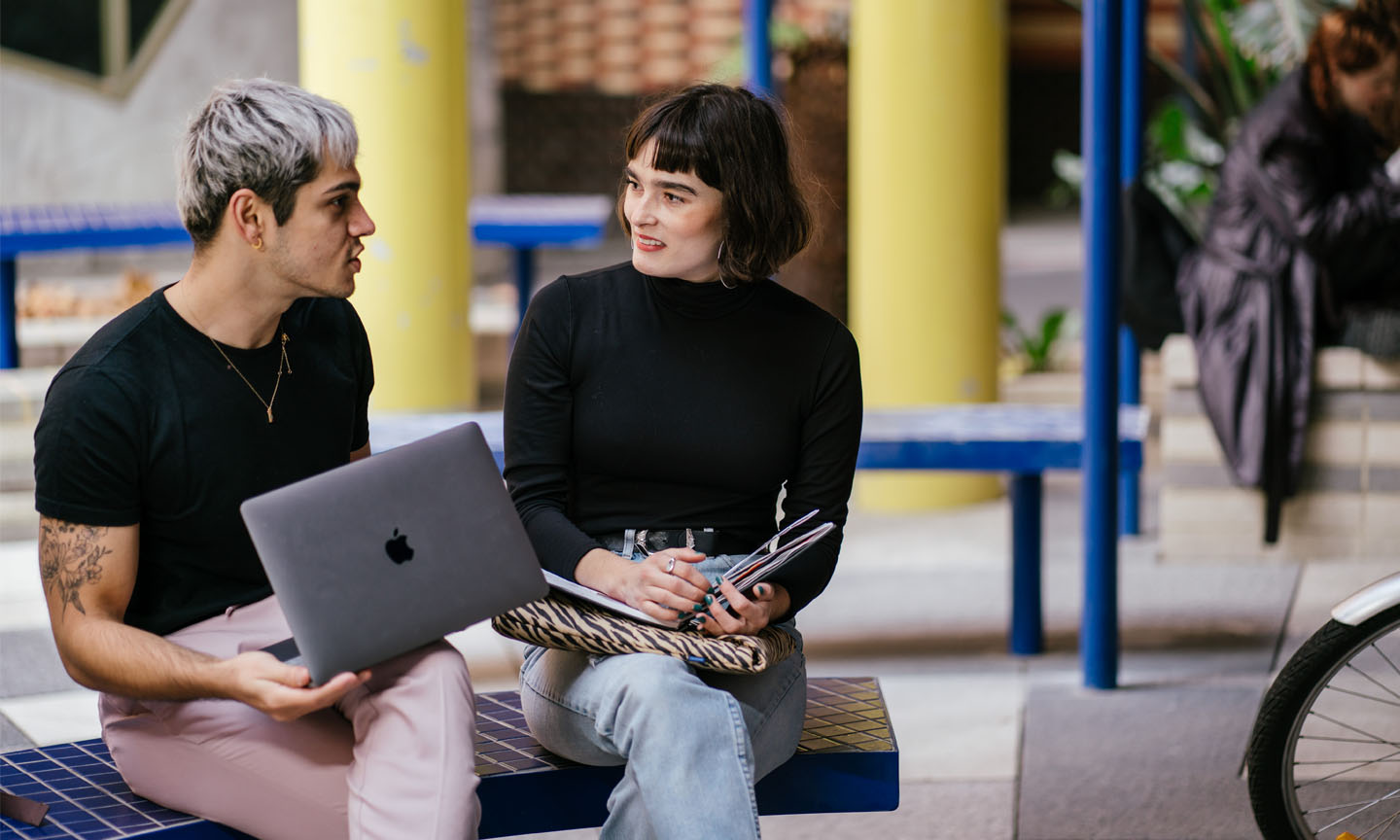Leonee Derr talks about returning to study and opening opportunities in the Master of Information Management.

Why did you choose the Master of Information Management?
I studied the Master of Information Management as part of the requisite for working in public libraries in a specialty area such as young adult services. Libraries are fascinating places and I didn’t want to miss an opportunity to work for and with youth in those spaces. Getting the degree allows me to do that work.
I’ve studied in the arts previously - a Bachelor and a Master of Arts both with a language, literature and writing angle.
Where were you previously working?
In the US I worked in customer service roles in retail and hospitality. I was an arts director and eventually the assistant director for five years in a summer camp.
My first job in Australia was in insurance, which was not my style. So as not to lose my mind while working in that industry, I volunteered in Dandenong for an English support program called SAIL (Sudanese Australian Integrated Learning).
Why did you choose RMIT?
RMIT offers a great balance for those working full time. I could study part-time, walk to lectures if need be and the subjects were being offered in the evening. It was very conducive for people who have to work traditional business hours.
What did you like best about the program?
The professors. As with jobs, it is often the people you work with who keep you content. As with academia it isn’t just the subject matter, but the academics teaching. I really appreciate Sue Reynolds and Paul Mercieca. Both are quite inspiring.
How have you been able to put your skills to use?
In my job I do a lot of event and program management. A large part of that is proving to other team leaders and managers that your idea is worth funding.
Proposal writing, event evaluation and feedback processes are all essential to doing this kind of work. So having writing-centred course work was hugely beneficial to that part of my role.
What advice do you have for others thinking about studying the Master of Information Management?
Studying the MIM will hopefully broaden your understanding of what sort of work is possible – locally and globally. There are opportunities to volunteer, intern and even travel abroad for MIM students- take advantage of them.
Lastly, stay open to the possibility that there are roles in libraries, museums, archives and other organisations that don’t even exist in our imagination yet! The program is broad enough to give you the space to be imaginative about the roles you may be able to do.
Story: Kate Jones
You may also be interested in:
Find the right course for you
With over 350 qualifications to choose from, it's never been easier to find the right fit.



